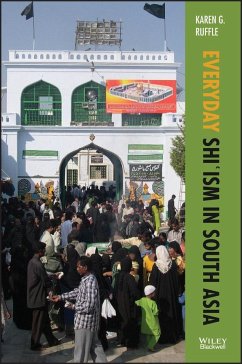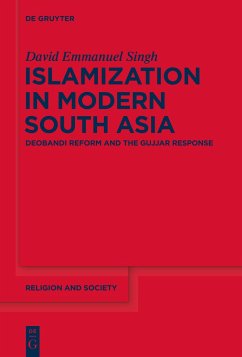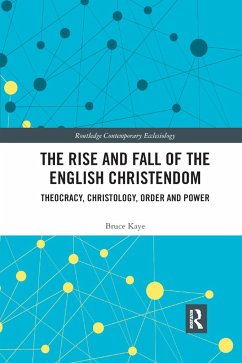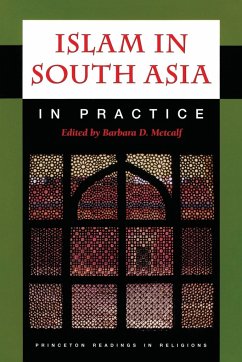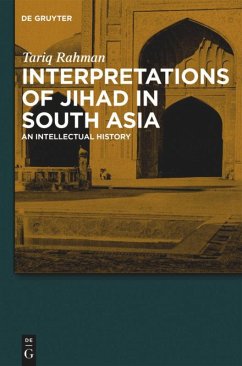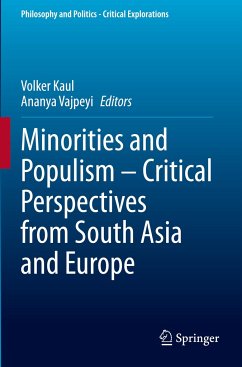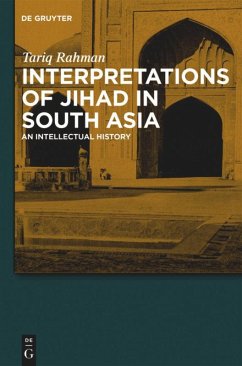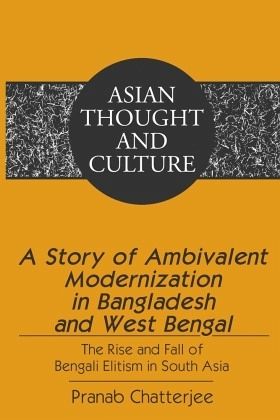
A Story of Ambivalent Modernization in Bangladesh and West Bengal
The Rise and Fall of Bengali Elitism in South Asia

PAYBACK Punkte
0 °P sammeln!
This book details the evolution of Bengali culture (in both Bangladesh and West Bengal) since antiquity and argues for its modernization. Originally peripheral to Hindu civilization based in North India, Bengali culture was subjected to various forms of Sanskritization. Centuries of invasions (1204-1757) resulted most notably in the Islamization of Bengal. Often there were conflicts between Sanskritization and Islamization. Later colonization of Bengal by Britain (1757) led to a process of Anglicization, which created a new middle class in Bengal that, in turn, created a form of elitism among ...
This book details the evolution of Bengali culture (in both Bangladesh and West Bengal) since antiquity and argues for its modernization. Originally peripheral to Hindu civilization based in North India, Bengali culture was subjected to various forms of Sanskritization. Centuries of invasions (1204-1757) resulted most notably in the Islamization of Bengal. Often there were conflicts between Sanskritization and Islamization. Later colonization of Bengal by Britain (1757) led to a process of Anglicization, which created a new middle class in Bengal that, in turn, created a form of elitism among the Bengali Hindu upper caste. After British rule ended (1947), Bengali culture lost its elitist status in South Asia and has undergone severe marginalization. Political instability and economic insufficiency, as reflected by many quantitative and qualitative indicators, are common and contribute to pervasive unemployment, alienation, vigilantism, and instability in the entire region. A Story of Ambivalent Modernization in Bangladesh and West Bengal is appropriate not only for Bengali intellectuals and scholars but for sociologists, political scientists, cultural anthropologists, historians, and others interested in a case study of how and why a given culture becomes derailed from its path toward modernization.





